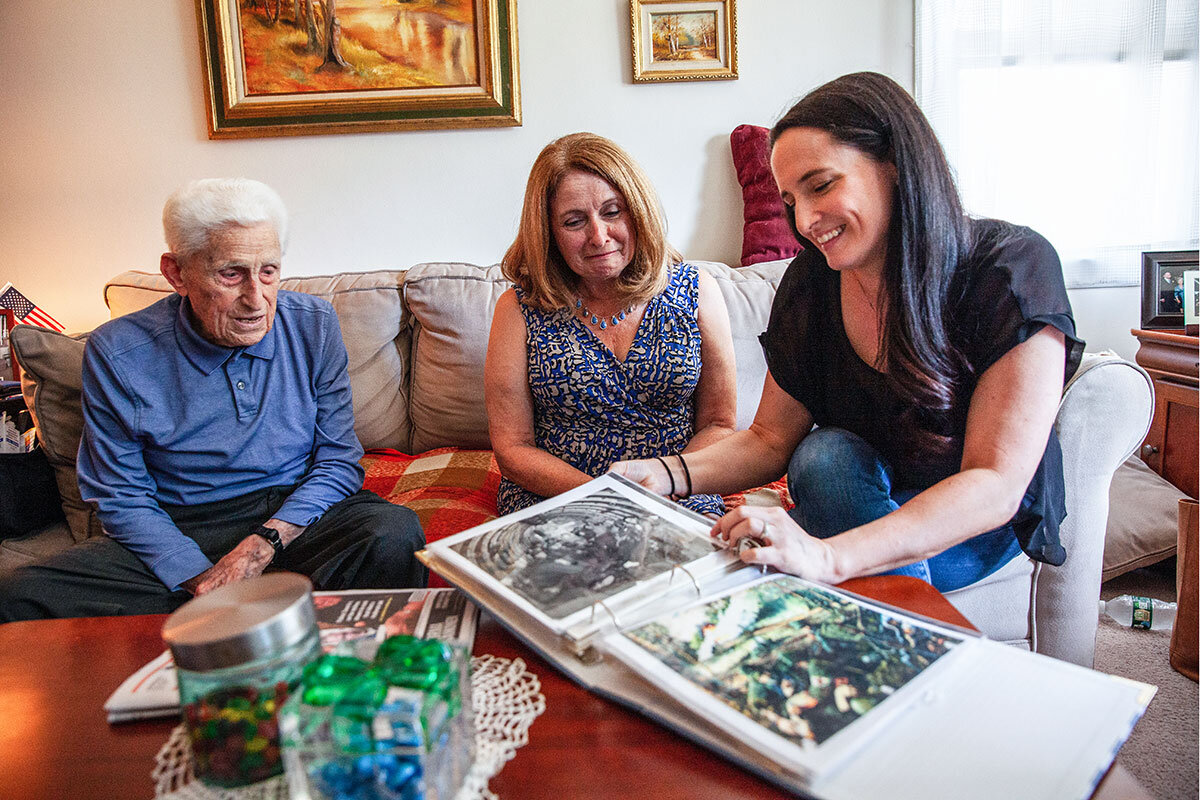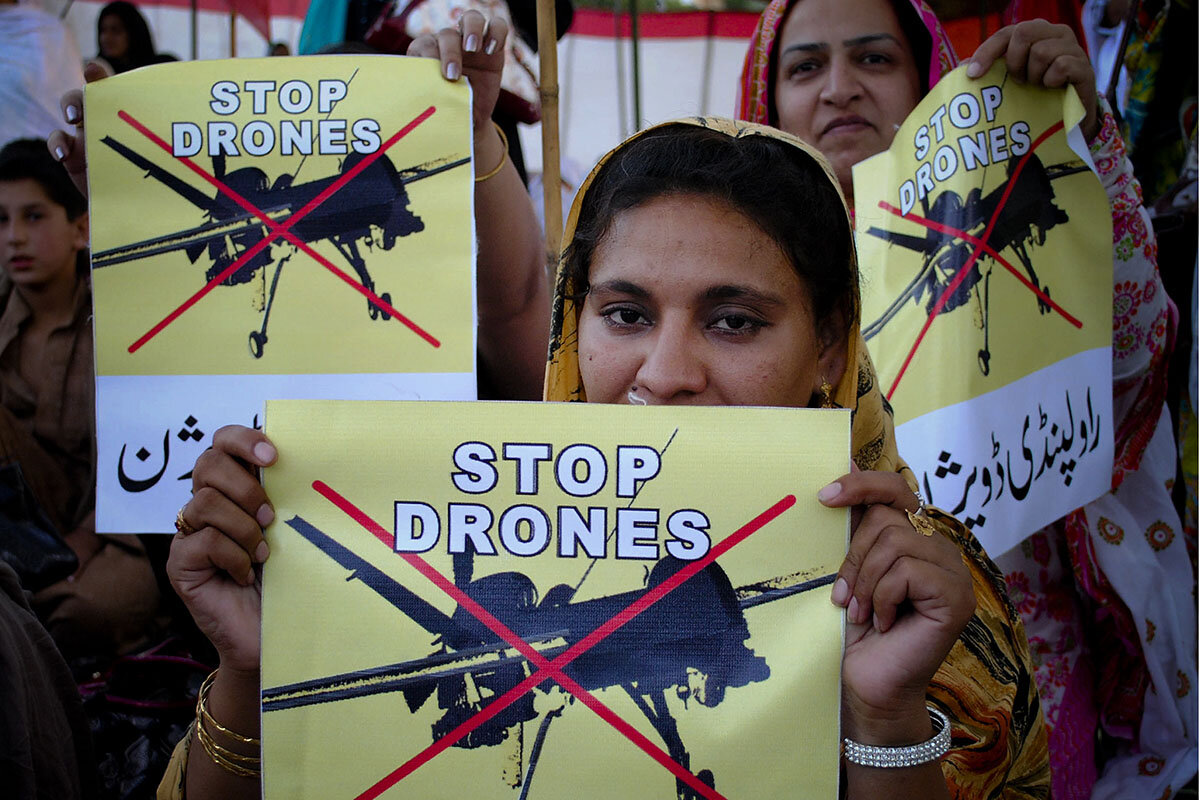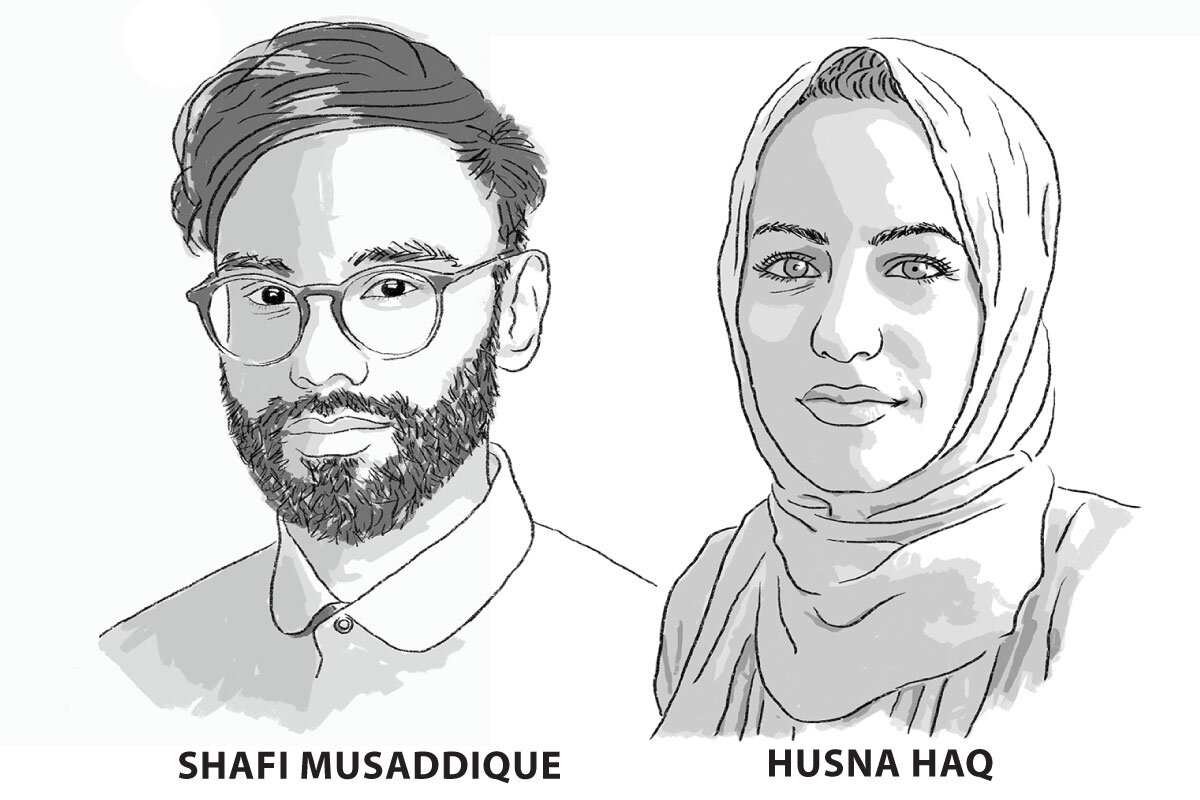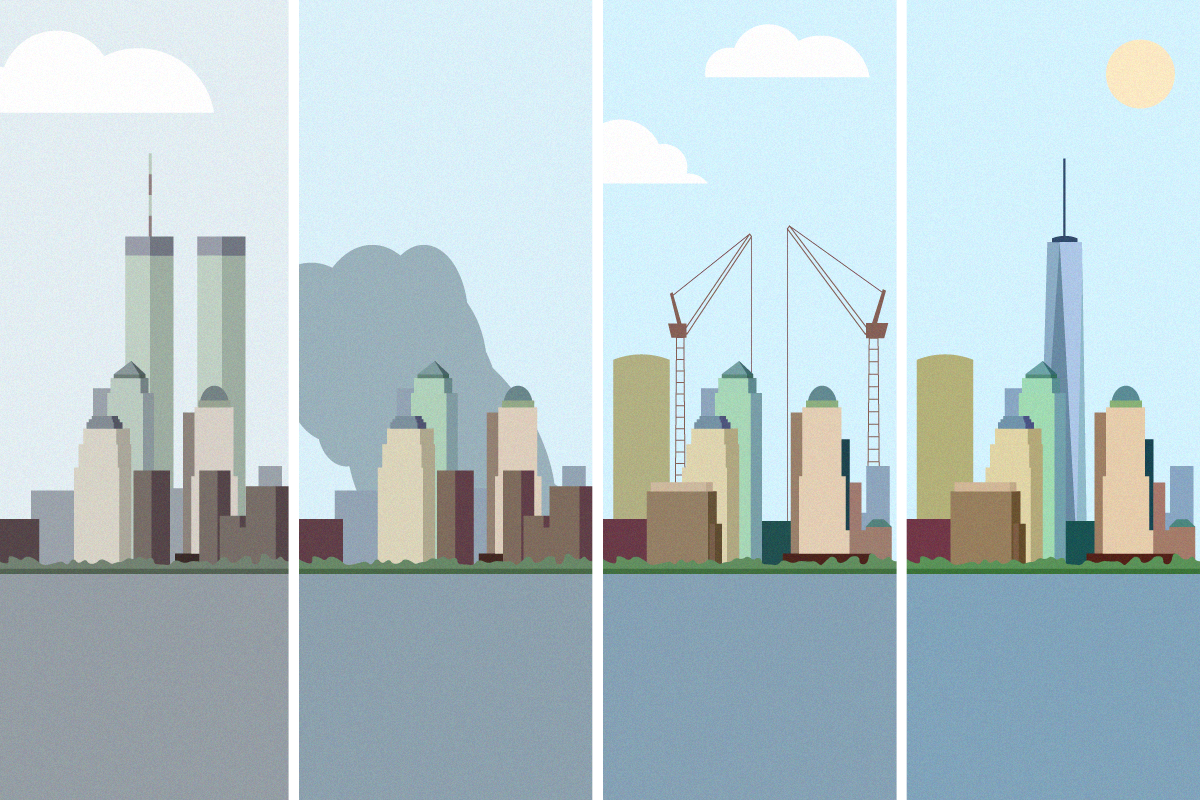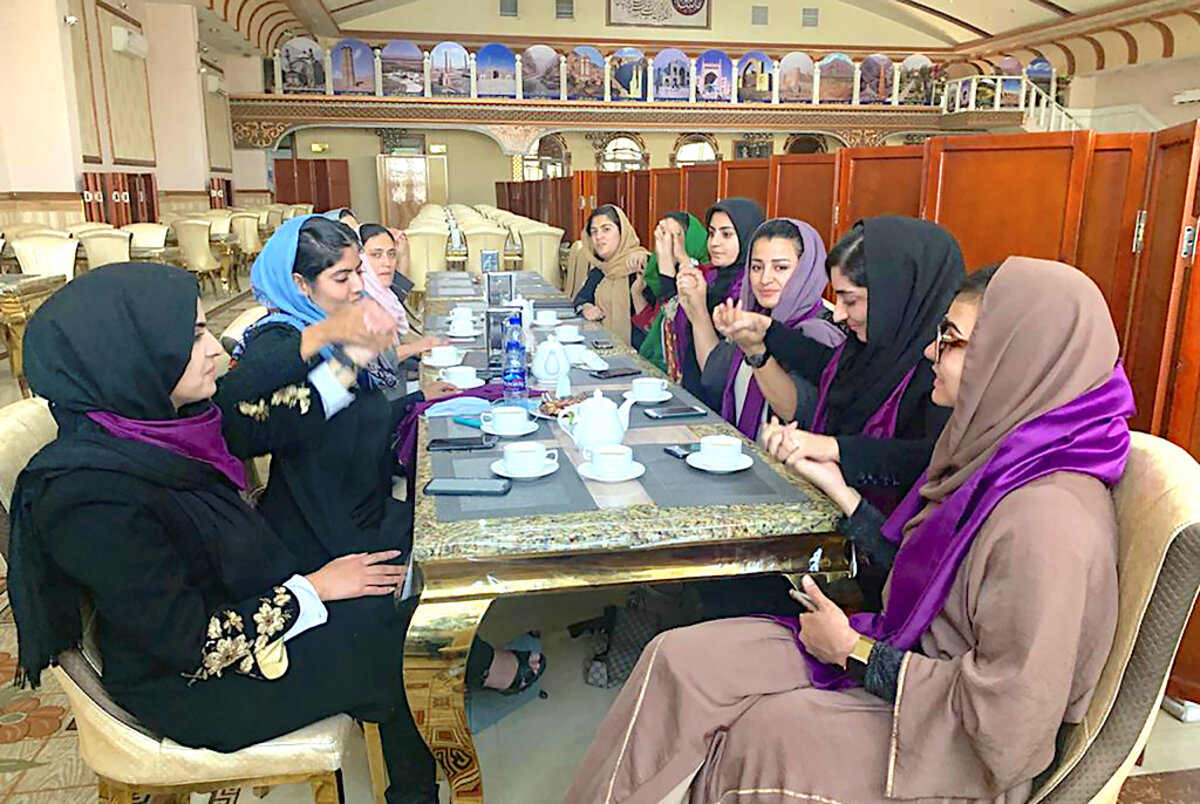The 9/11 attacks wounded the American sense of identity, security, and even reality. The meaning of that day to three generations of a lively Queens family is a window on the evolving understanding of what it is to be an American.
Monitor Daily Podcast
- Follow us:
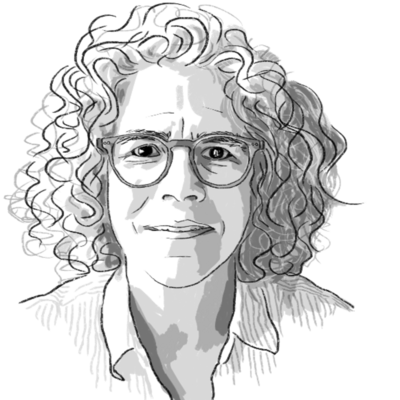 Clara Germani
Clara Germani
Sept. 11’s defining moment for me came on 9/14 in a raspberry patch outside Boston – in a moment of collective relief among scattered strangers.
We all have that “where were you when” memory of events like 9/11, the Apollo moon landing, or JFK’s assassination. But the meaning of those memories can percolate over time.
Twenty years after 9/11, the word “anniversary” carries an oddly celebratory tone, admits Frank Ochberg, the psychiatrist at Michigan State University who helped define the term post-traumatic stress disorder. Yet, he adds, “we have a right to celebrate as we memorialize” – to celebrate “the values that we cherish.”
The event created what Dr. Ochberg calls “flashbulb” memories – moments around which we build spiritual, political, and moral meaning.
I hold two enduring flashbulb moments of 9/11.
On Sept. 13, I opened The Boston Globe to a photo of the familiar facade of the dumpy Park Inn motel in Newton, Massachusetts. Here, three hijackers apparently spent the days before their grisly mission. I passed the motel daily to drop my 3-year-old at preschool, the guest room windows close enough to see through. It was a chilling sense of proximity of terror.
And then, the flashbulb antidote: On Sept. 14, my daughter and I were among a dozen people in a suburban berry field, the raspberry stain growing on her T-shirt, when suddenly in the sky that had been silent for days, a commercial jet out of Logan International Airport roared overhead, close enough, it seemed, to see rivet dimples on the belly of the fuselage.
Its normalcy was a spectacular blue-sky moment – people exhaled sighs, shed tears. We were sharing a collective moment, small but vivid, in perceiving that life marked by historic tragedy could – would – find balance.




